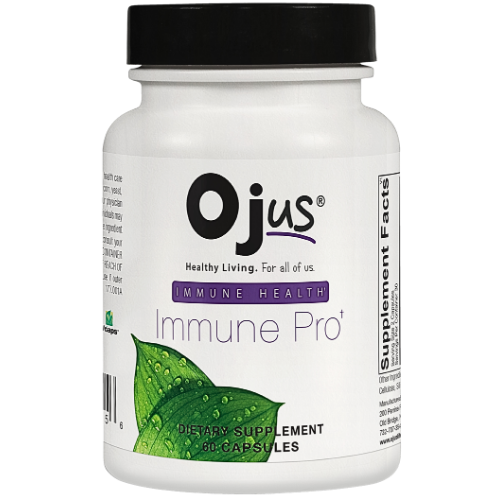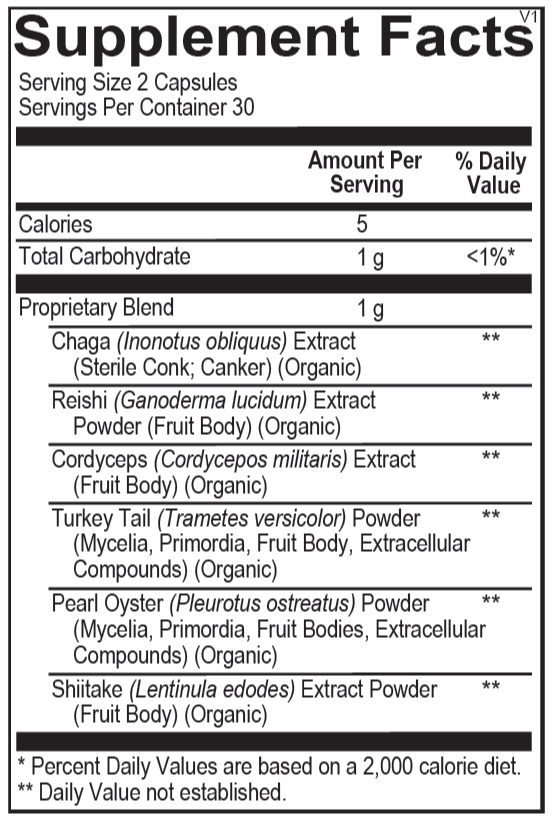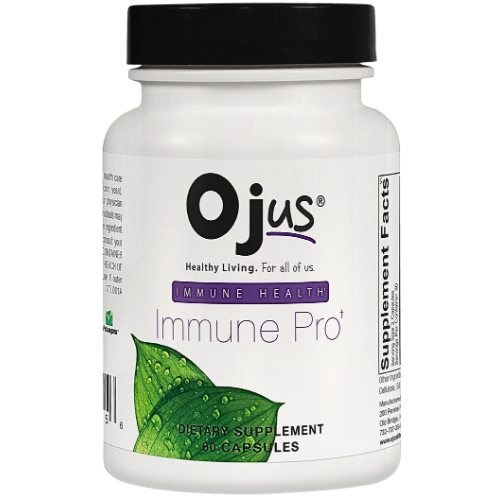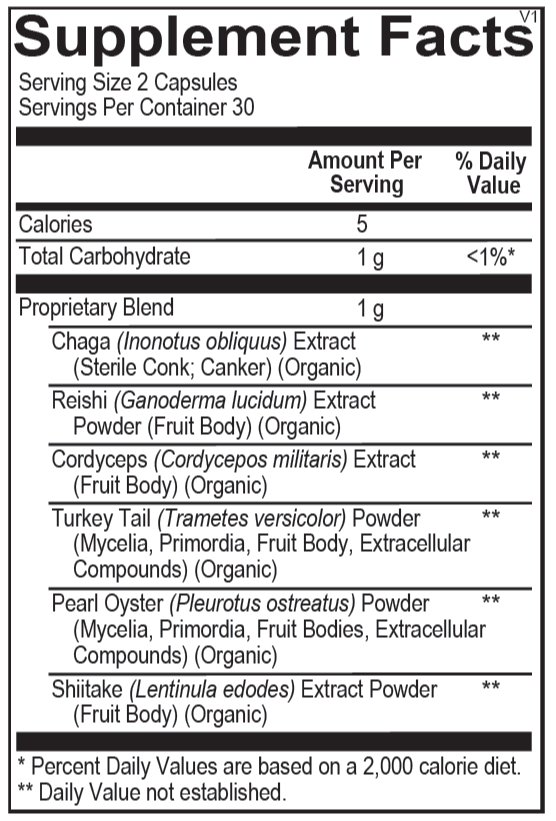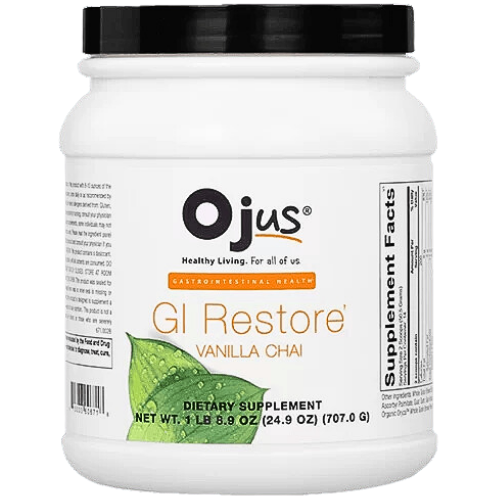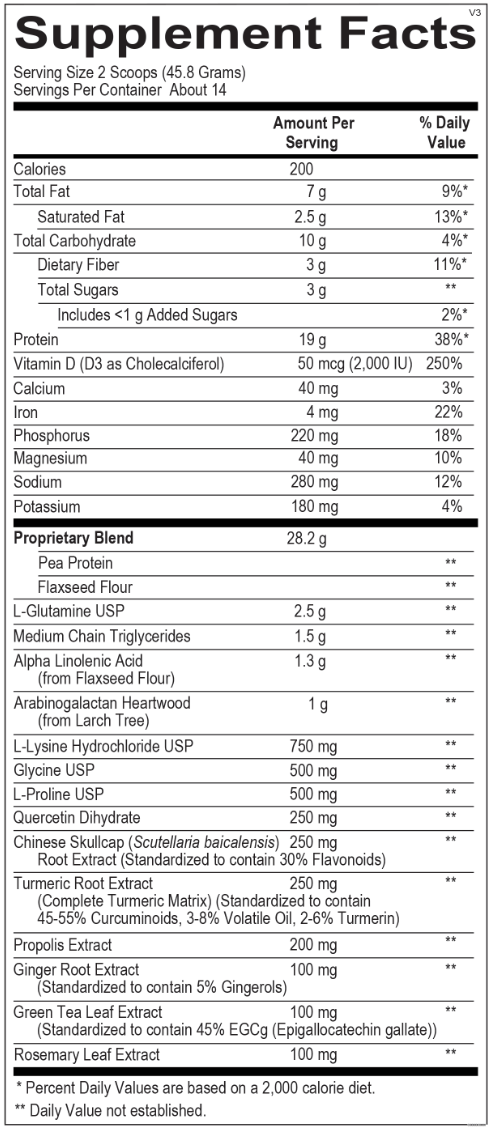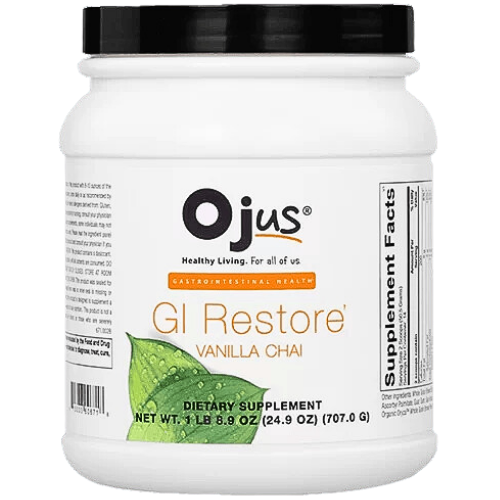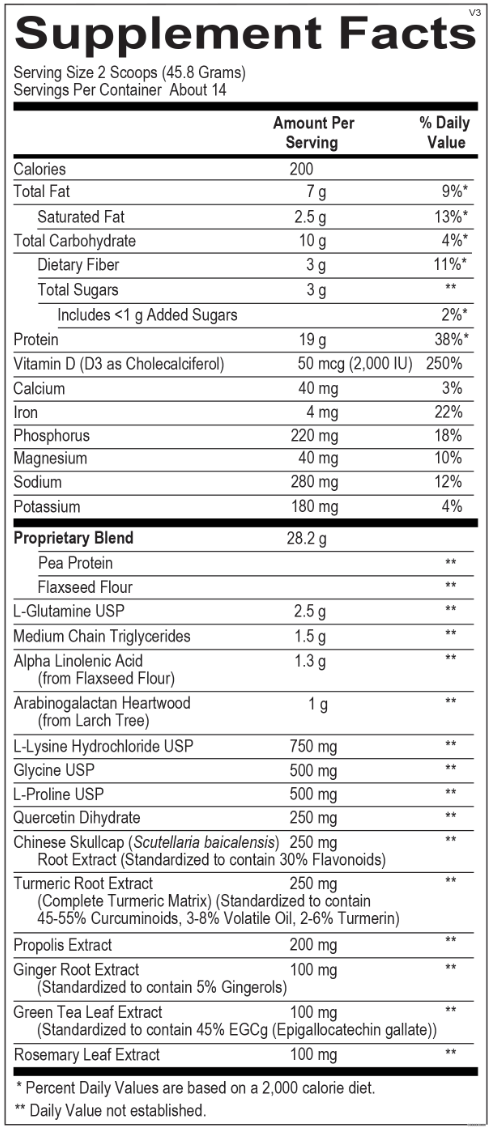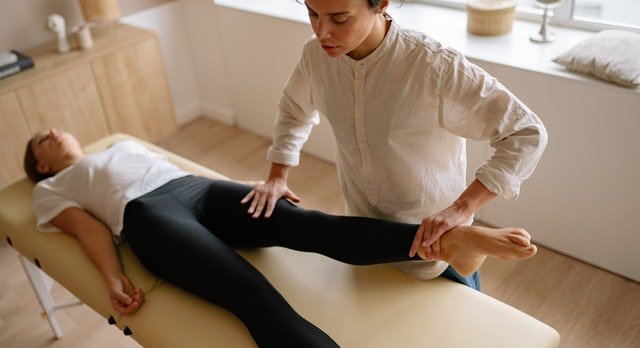
5 Proven Measures To Prevent Muscle Cramps
Dr Anita NischalTable of Contents
| If you have never experienced the excruciating pain of a muscle cramp, count yourself lucky! But, if you have had muscle cramps before, the good news is that you can prevent muscle cramps. |
Athlete or not, a muscle cramp is a nightmare!
The slow sensation of muscle tightening or sharp shooting pain that accompanies muscle cramps is well-known to most of us. When muscle pain strikes, it can hinder the best-laid competition or a workout plan. Sure, the post-exercise cramping is not less traumatic.
For all the sportsmen and sportswomen, adopting ways to minimize muscle cramps or prevent cramps makes good sense.
Even though they can be painful, usually, they are nothing to be concerned about. Still, they are not just something you can brush off.
What Is A Muscle Cramp?
Muscle cramps occur when a muscle becomes uncontrollably and forcibly shortened, turning into a painful muscle spasm. A spasm is when a muscle or a few fibers of muscle contract involuntarily. When the spasm is forceful and sustained, it becomes a cramp.
Simply put, we can define a muscle cramp as an involuntary and forcibly caused contracted muscle that does not seem to relax. You may also see a palpable or hardening of the involved muscle. Muscle cramps affect any skeletal muscles of the body, but it is most common in muscle or muscle groups that have two joints.
Also, cramps can affect the stomach, hands, muscles around the rib cage, and feet. In severe cases, muscle cramp lasts from a few seconds to 15 minutes or longer. It may also occur multiple times if left untreated.
When To Worry About Cramps?
Most of the time, a muscle cramp is not too severe and can go by itself. Admittedly, it is painful at the moment, but fortunately, it is not a big deal. But, if you are facing muscle cramps too often, nothing seems to cure them. And, if other symptoms of weakness or muscle loss accompany the cramp, then it is time to visit your doctor to prevent cramps.
There can be metabolically reasons causing muscle cramps, like the hormonal disorders causing electrolyte imbalance in the body. A doctor tests for the same and treats the imbalance if present, which is likely to reduce the muscle cramps. If muscle cramps co-exist with pain, weakness, or reduced muscle size, consult a neurologist to treat what is causing cramps.
Sometimes, muscle cramps can be a sign of something more worrisome. So, if you feel the occurrence is too frequent and weakness adjoins, then consult our doctor to prevent leg cramps.
5 Effective Tips To Prevent Muscle Cramps
Though it is not easy to predict and stop muscle cramps from happening entirely, you can always adopt ways to help prevent muscle cramps. Here are a few actions that can help lower your risk of muscle cramps or at least help in muscle cramp prevention:
1. Hydration
One of the big causes of muscle cramps or leg cramps is explicitly dehydration. Generally, a doctor advises you to drink 6 to 8 glasses of water. But, you must increase your intake if you’re active, especially outside to prevent cramps.
The goal is to keep the urine clear. If your urine becomes yellow, orange, amber, etc., then it is certain that it is dehydration, and you need to increase your water intake. Another way to reduce dehydration is by reducing the consumption of alcohol and caffeine.
2. Exercise Care
Overexertion and other exercise routines can be the reason for your cramps, and there are ways to prevent them. First, get the right fit for your shoes that properly support your feet to prevent leg cramps. Regardless of what kind you are handling- the high arch, low arch, type of midsole, or the need for stability, etc. Picking the right shoes for running creates a good impact on your body.
Be sure that you stretch well before and after exercise. Stretching helps warm the muscles and prepares them for the activity you are about to do and helps prevent muscle spasms. It prevents muscle cramps during and after exercise.
3. Bedtime Prep
There are bedtime activities that you can adopt to prevent muscle cramps. Make them a part of your nighttime routine and prevent leg cramps as they are most likely to occur at night. The doctor suggests gentle leg stretches or mild exercises, like a short walk or a bike ride right before bed. Some things you can do while you sleep include adjusting your sleep position. If you sleep on your back, keep your toes pointing upwards. If you sleep on your stomach, try hanging your feet off the ground.
4. Load up on Veggies
Vegetables and fruits supply your body with the necessary vitamins and minerals that keep the body and immune system functioning correctly. Add avocados, pickles, sweet potatoes, and kale rich in magnesium, sodium, calcium, and potassium. On the other hand, indulging in milk, salmon, orange juice, nuts, and bananas is the perfect source for taking minerals. These nutrients and minerals help prevent cramps.
5. Nutrition Care
Typically, the deficiency of magnesium and potassium causes muscle cramping. So, try adding foods to your diet that are rich in minerals. If you cannot make much of your food, then try adding supplements for the same. Also, consult your doctor before adding any extra supplement to your diet, especially if you are pregnant or have other medical conditions.
Is Alkaline Water Good For Cramps?
Dehydration, hot or humid temperatures, or mental stress can be the reason for muscle cramps. What you intake can play a major role in causing or preventing muscle cramps. Alkaline water is effective in preventing cramps as it helps replenish electrolytes in the body, thus preventing muscle spasms.
Conclusion
Muscle cramps can affect anyone at any time of the day despite being a common condition. The exact causes of the muscle cramps remain a mystery. We have learned that you can prevent muscle cramps by bringing little changes in your lifestyle and eating and drinking habits. Remember to consult your doctor before bringing any supplementary changes to your life.
Read More
- Detoxification
- Providing antioxidants
- Hydrates immediately
- Alkalizes the body
- Enhances Immune system


